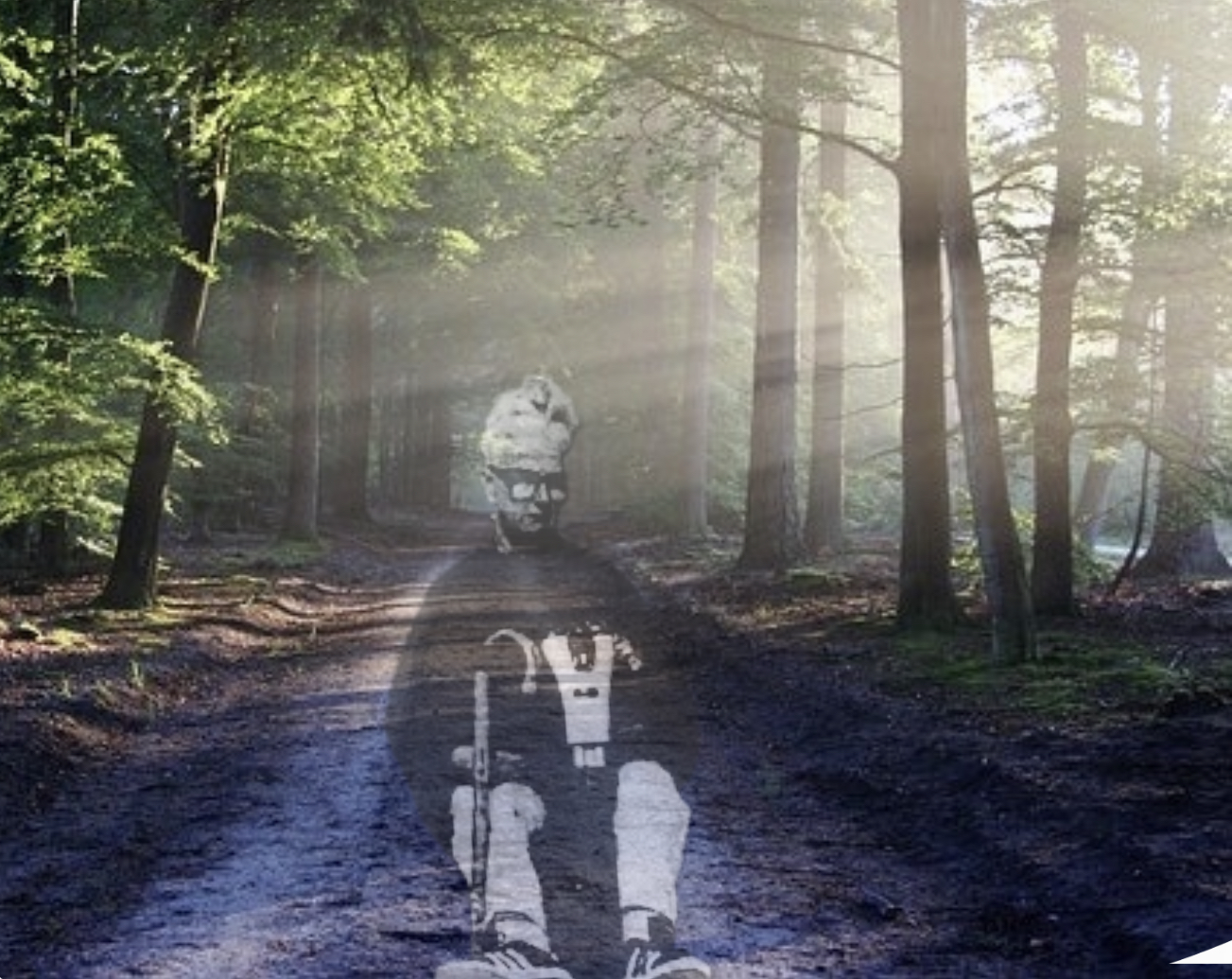PDA TAS Associate Director Tammy Milne’s recently published newspaper article.
Tammy had one of her articles published in the “Tasmanian Times” on International Day of People With Disability.
It’s an interesting read:
“I am disabled. I am on a fixed income. I am privileged and have a good and full life.
So when I wanted to attend a disability award dinner to support a friend who was nominated for an award I thought I would ask for support from the plethora of sponsors of the event as the tickets cost $140 each. I mean who is the dinner for?
And wouldn’t it look quite odd if people with disabilities couldn’t actually attend the dinner because of the cost? Or is this dinner like a lot of industry led initiatives where business pats it self on the back for providing paid services to people with disabilities and we paid for them and feel grateful they are having a dinner to celebrate but we aren’t included.
They actually make their money off the backs of the most vulnerable people in our community and yet set a new standard of Ableism when it comes to access for people with disabilities. We are simply shut out because of cost.
Now I’m not advocating for a ‘cancel culture’ mentality around this because it so cringe-worthy in its over thought and exclusion of people with disabilities but I am advocating for some provision to be made so that it is more accessible for people with disabilities to attend. I rang two of the sponsors and asked as I have been told there were some tickets available from sponsors, on both accounts I was fobbed off basically with, ‘no nothing for you dear!’
My friend had her ticket paid for by her boss but her mother also paid for her own. So ticket pricing didn’t even take into consideration the cost to people who were nominated and the hardship this might thrust upon them and angst at having to weigh up attending and wearing the financial burden or not attending and thus making the whole event look like a farce.
Now lets get to the judging of the awards. It wasn’t until quite late into the organisation that a savvy person with disability asked the question, who is judging?
And yes they actually didn’t have anyone with a disability on the panel. In instances like this it is usual for the panel to be made up of a significant number of people with disability.
I mean you do want the awards to have credibility? Right?
My thinking around this is that those who organised the event have little understanding of inclusion or disability culture. In this case I am strongly advocating organisations to reach out to leaders in the disability community, ask questions, have us involved, become informed and educated.
We are very willing to contribute to anything that involves us to make it more inclusive and accessible. The disability community embrace, the ethos of Nothing About Us Without Us as used in the seminal work of disability rights advocate James Charlton in the year 2000, about disability oppression and empowerment.
We want to be involved, we want to be invited to the table for discussion and listened too. I understand there is a great deal of learning around disability by the wider community and in the disability industry so just let us have a clear and free flowing dialogue about how we move forward from here.
3 December is the International Day of People with Disability.”
www.tasmaniantimes.com/2021/12/what-price-inclusion/










